Feature
18th-century Superstars
A season of genius and discovery with Academy of Ancient Music
Share this
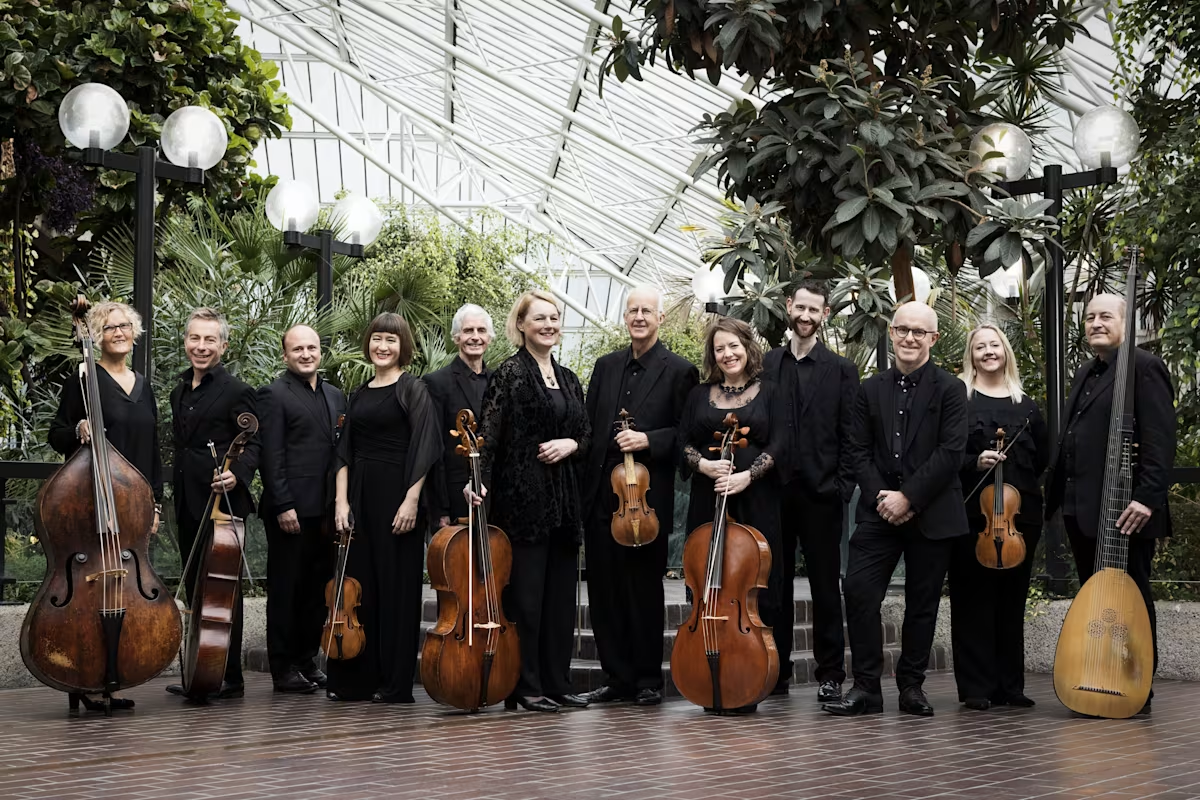
BY LEO DUARTE | FIRST PUBLISHED 1 NOV 2025
Throughout its 2025/26 season, Academy of Ancient Music’s programming shines a spotlight on musical superstars. Monteverdi, Bach, Handel, and Haydn all take their place at the heart of our work. However, we continue our commitment to fleshing out the cast of characters who, directly or indirectly, provided their more famous colleagues with the opportunities without which they might not shine so brightly in today’s musical firmament.
It is impossible to talk about Baroque music without reference to Johann Sebastian Bach. His contrapuntal technique is rightly regarded as the epitome of blending the science of mathematics with the art of music. It is perhaps this quality, above all others, which allows his music to be equally successful on instruments of all kinds, be they faithful replicas of historical harpsichords or modern marimbas.
This season, the Academy of Ancient Music (AAM) will showcase both approaches, most unusually, in the programme Rhythm Across Time (13 May, Cambridge; 14 May, London), in collaboration with The Wave Quartet through whose arrangements of Bach’s keyboard concertos for marimba, we invite audiences to reevaluate what it is about Bach’s music which still appeals to our musical sensitivities today.
The Wave Quartet performs JS Bach’s Concerto for four harpsichords in A minor, BWV 1065: III. Allegro (arr. for marimbas) (provided by Sony Music Germany 2017)
To many of us it is inconceivable that there was a time when Bach’s style seemed to be – in the words of one of his own students, Johann Adolph Scheibe – schwülstiges und verworrenes (‘turgid and tangled’). But Bach’s was an individual genius and did not necessarily commune with the tastes of his time, as demonstrated in AAM’s programme, The Chosen One (14 April, Cambridge; 16 April, London), which gives us a chance to audition Bach against two of his rivals for the job of Music Director at Leipzig, using cantatas which were composed expressly for the application process in 1723.
Telemann’s name is well known but his music is much less frequently performed than Bach’s. Telemann was, in fact, the first choice for the Leipzig job which he ultimately turned down in favour of a more lucrative position in Hamburg. The second-choice candidate is much less familiar to us today, Christoph Graupner. He would also turn down the post, excusing himself by saying that he could not be released from his post in Darmstadt, leaving Bach as the ignominious third choice. Graupner’s cantata, Lobet den Herrn alle Heiden is an astonishing and sublime work with a rare breadth of drama and invention. On the strength of this cantata, Graupner would have won my vote, though you may decide otherwise.
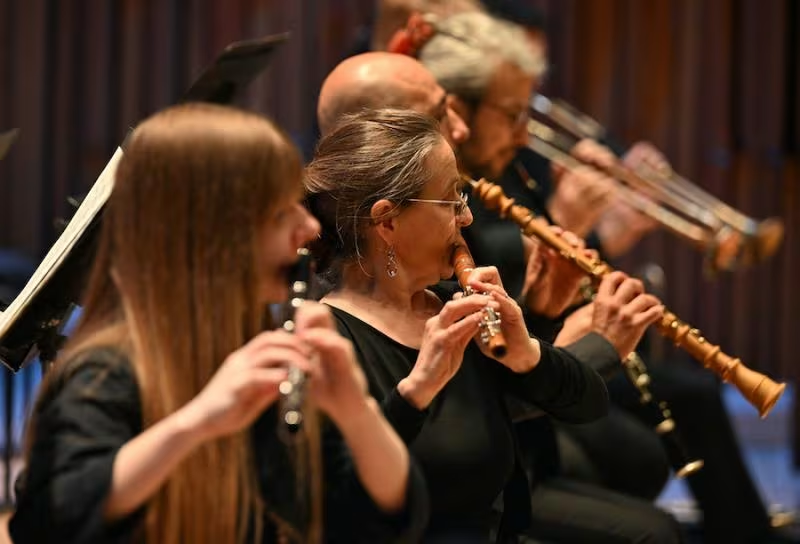
In 1724, the year after Bach took up his post in Leipzig, Handel – in the full flourish of his operatic career in London – began work on Tamerlano, one of his darkest operas. It received 12 performances that season, making it the second most popular opera, behind Rodelinda (with 14), and ahead of Giulio Cesare (with 10). Handel did not revive the opera in later seasons, probably because he did not have at his disposal a tenor with the range and skill of Francesco Borosini, for whom Handel carefully and deliberately tailored the hauntingly tragic role of the Turkish sultan, Bajazet. AAM will give a run of staged performances of this masterpiece as part of the London Handel Festival (26–28 March), with countertenor James Laing in the titular role, alongside tenor Benjamin Hulett (Bajazet) and soprano Nardus Williams (Asteria).
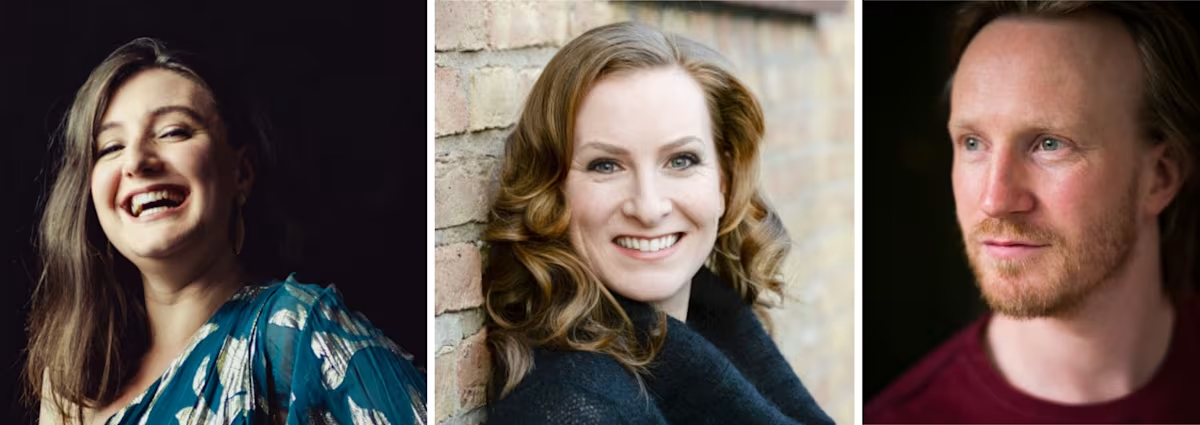
Nearly a decade after Tamerlano, the first performance of Handel’s Orlando took place in 1733. This would be the last opera which Handel wrote for Senesino, his longest-serving castrato. The celebrated singer had first sung for Handel’s 1720 revival of Radamisto and would sing in every Handel opera until 1728 when, following the collapse of the London opera’s financial backers, he returned to Italy. Senesino would eventually be lured back to London again in 1730 and Handel composed for him some extraordinary music, not least of which is Orlando’s ‘mad scene’ in the eponymous opera which can be seen in a staged production with AAM at Longborough Festival Opera, featuring mezzo-soprano Beth Taylor in the lead role (30 May–7 June; Moreton-in-Marsh).
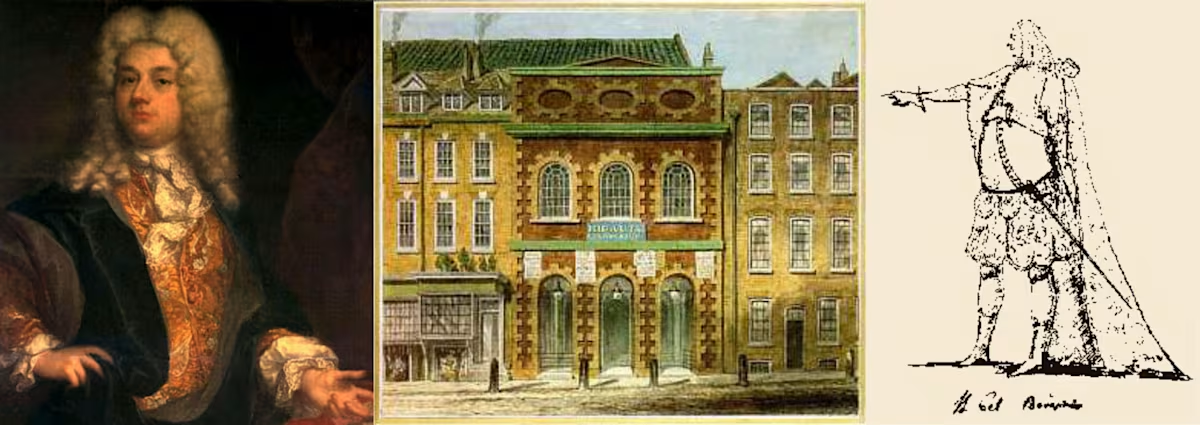
Left to Right: Portrait of Italian contralto castrato singer Francesco Bernardi (1686–1758), known as Senesino (c. 1720); The King’s Theatre, London, where Handel’s operas Tamerlano, Orlando and Serse were first performed; caricature of Italian Francesco Borosini (c.1695–af.1747) as Bajazet in Handel’s Tamerlano – sketched by Antonio Maria Zanetti (1724) – all images in public domain
After Orlando, Senesino conspired with Handel’s rivals to create a new opera company which ultimately divided and weakened the operatic resources of the capital. Nevertheless, Handel’s opera company was the more robust of the two, and he continued to produce operas until 1741. His antepenultimate opera, Serse, opens with one of Handel’s most well-loved arias, ‘Ombra mai fu’ though there follows much which is unconventional. The libretto for Serse was first set by Bononcini in 1694, and had its roots in a still earlier libretto first set by Cavalli in 1654. The antiquity of the text resulted in an opera far-removed from the usual operatic conventions of Handel’s time: ubiquitous ‘da capo’ arias are few and far between, with the consequence that the flow of the drama is snappier and the effect wittier.
Countertenor Iestyn Davies – joined by the Academy of Ancient Music, directed by Chad Kelly – sings ‘Ombra mai fu’ from Handel’s opera, Serse (Xerxes).
These three works – Tamerlano, Orlando and Serse – show Handel’s dramatic flair in three very different operatic contexts. Tamerlano is cast in the classic mould of Handel’s historical dramas; in Orlando, he explores the more magical and supernatural elements of storytelling; and in Serse, which receives a concert performance with AAM at the Barbican (featuring mezzo-soprano Paula Murrihy as the Persian king), we get a rare glimpse of Handel’s gift for comedy. Yet Handel is perhaps most familiar to us not through his secular operas but through his sacred oratorios, of which Messiah is undoubtedly the most famous, and which AAM perform at the Barbican as part of the season (25 November, Westminster Abbey; 3 December, Oxford; 15 December, London).
Mezzo-soprano Katie Jeffries-Harris and soprano Eleonore Cockerham of VOCES8 sing ‘He shall feed his flock’ from Handel’s Messiah, recorded live at the Chapel of Trinity College, Cambridge.
Handel’s, and indeed London’s, interest in oratorio waxed around the time that interest in opera began to wane. The vogue for Italian singers was passing, and a new generation of English singers began to be sought after to sing oratorio in English. One such singer was Elisabetta de Gambarini. Despite her Italian name, she was born in London, and made a name for herself not only as a singer, but also a composer. Handel is known to have owned a copy of one of her publications, and engaged her to sing in several of his oratorio performances, including the Occasional Oratorio, Judas Maccabaeus, Joseph and his Brethren, and possibly also in Saul and Messiah. Though not much of her music is extant, AAM will showcase her talents in a programme featuring many of the arias she sang for Handel as well as new orchestrations – commissioned from performer-musicologist Rachel Stroud – of Gambarini’s published songs and keyboard music (11 March, Cambridge; 12 March, London).

To open our season, AAM take a closer look at music-making in the French capital towards the end of the 18th century (Haydn in Paris 12 November, Cambridge; 14 November, London). In the decades after Handel’s death, Paris had overtaken London as Europe’s greatest cosmopolitan melting pot.
The French had never really been taken by the fashion for Italian singing but they had started to take an interest in the music of their Teutonic neighbours. Wealthy concert societies such as the Concert Spirituel and the Concert de la Loge Olympique provided the financial enticement for the young Mozart to try his luck with the French public. He had a tough time convincing the Parisians of his talents, and never managed to secure the opera commission he so desperately wanted, though his music did make its way onto the stage in the form of a little-performed ballet intermezzo, called Les petits riens.
The music proved popular enough, but has left us with a musical conundrum: the autograph score is lost, and the music is preserved only in a volume which contains not only the music which Mozart wrote for the ballet, but also several other compositions which Mozart scathingly called ‘dreadful old French airs’. Interestingly, modern musicology has not been able to successfully separate the so-called wheat from the chaff, so it will be up to the audience to decide which music is by the great Mozart, and which by his anonymous French contemporaries!
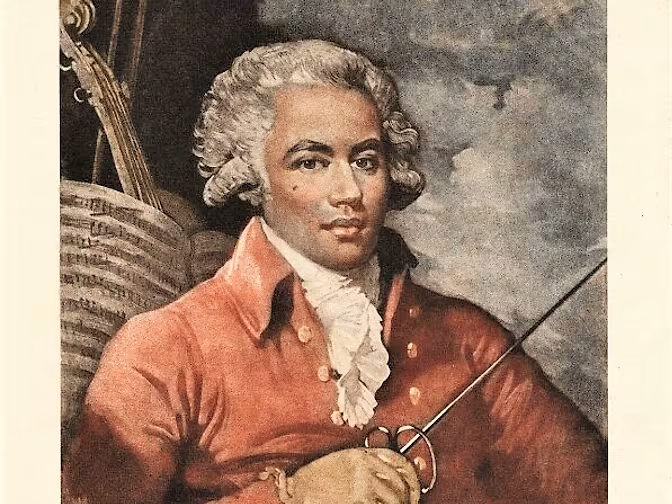
Thankfully, one composer who no longer remains in anonymous obscurity is Joseph Bologne, Chevalier de Saint-George, the multi-talented fencer, courtier, violin virtuoso, and composer, whose Violin Concerto in A, Op 7, No. 1 will be performed by AAM’s leader, Bojan Čičić, alongside the Bear – the first of Haydn’s six Paris symphonies – commissioned with the help of Bologne, who directed its premiere performance by the Concert de la Loge Olympique.
Leo Duarte is the Principal Oboist of the Academy of Ancient Music. The AAM’s 2025/26 season opens in November with performances in Cambridge and London. Tickets are available for all events, apart from Handel’s Orlando at Longborough Festival Opera, which will go on public sale on 2 March 2026.
Share this
Keep reading
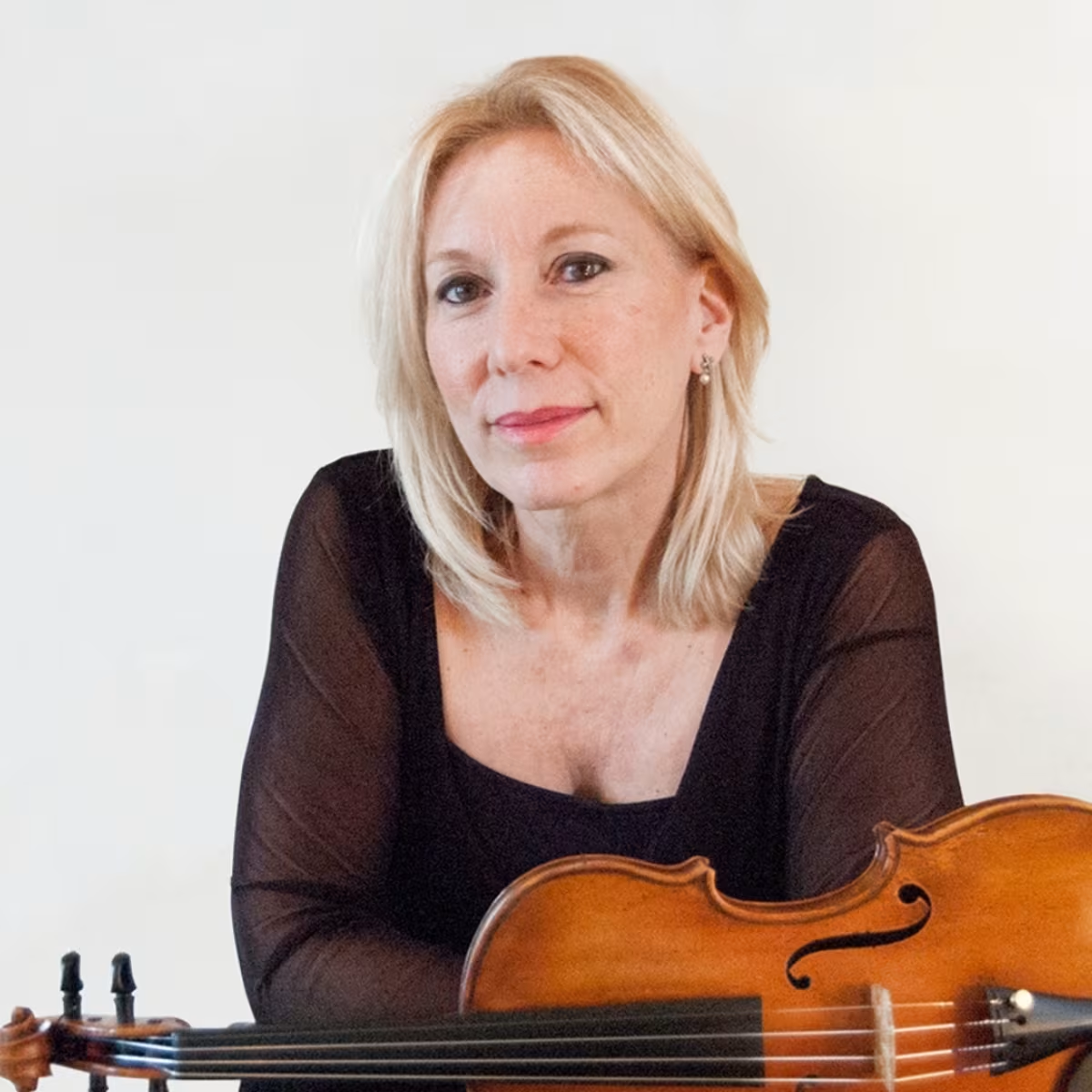
Beethoven revisited
Violinist Jacqueline Ross reflects on her evolving relationship with the composer’s violin sonatas, and her research-led project, ‘Beethoven Revisited’.
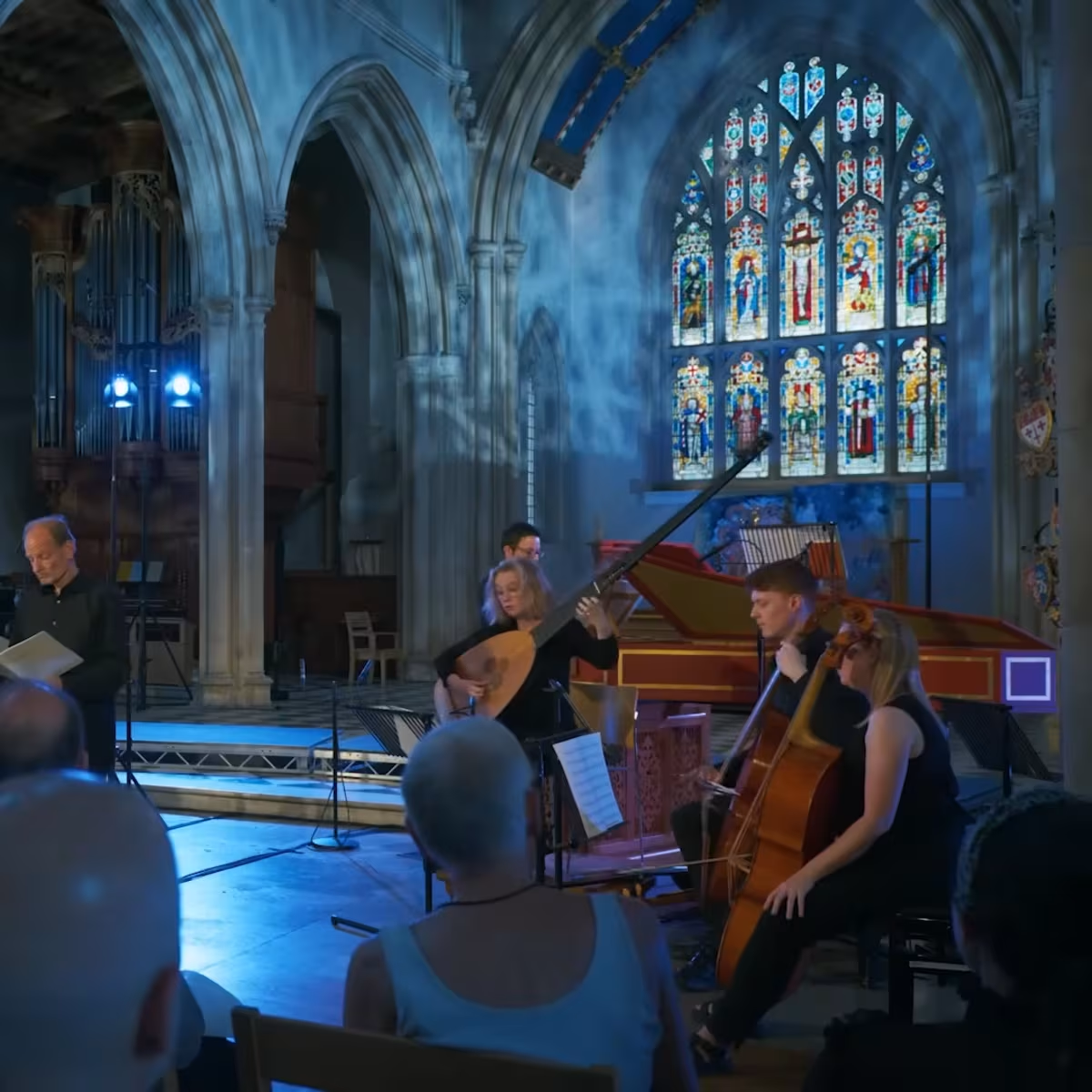
Spiritato with Elizabeth Kenny | Music to her Majestie: Odes for the last Stuart
On Queen Anne’s birthday, we share Spiritato and lutenist Elizabeth Kenny’s musical portrayal of the last Stuart and her lifelong patronage of the arts.
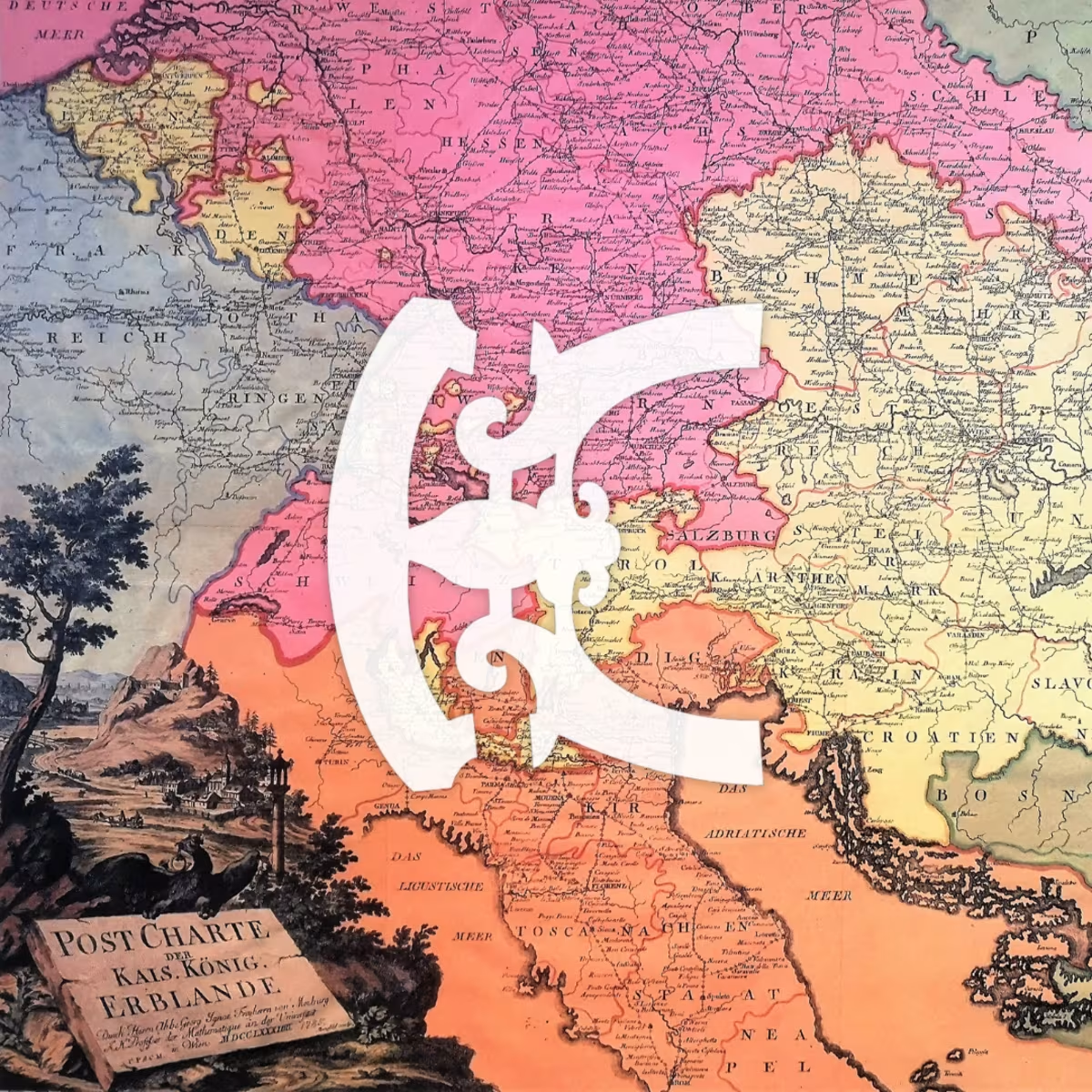
Playlist: Mozart’s Travels
In celebration of Mozart's 270th birthday on 27th January, we trace his travels across Europe throughout his life.





